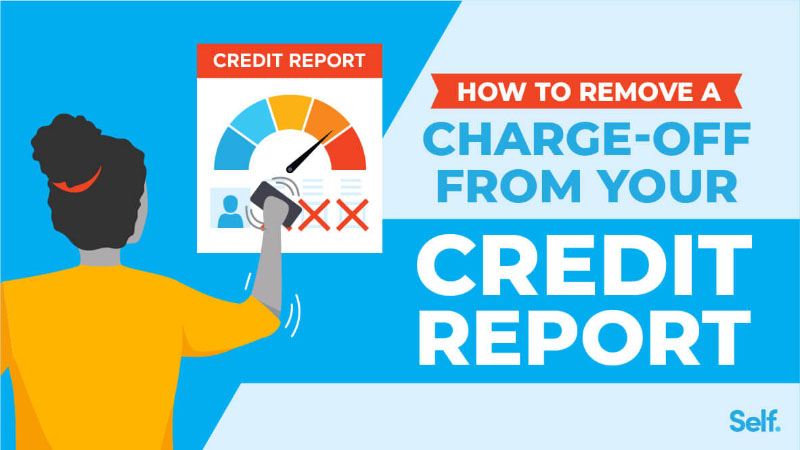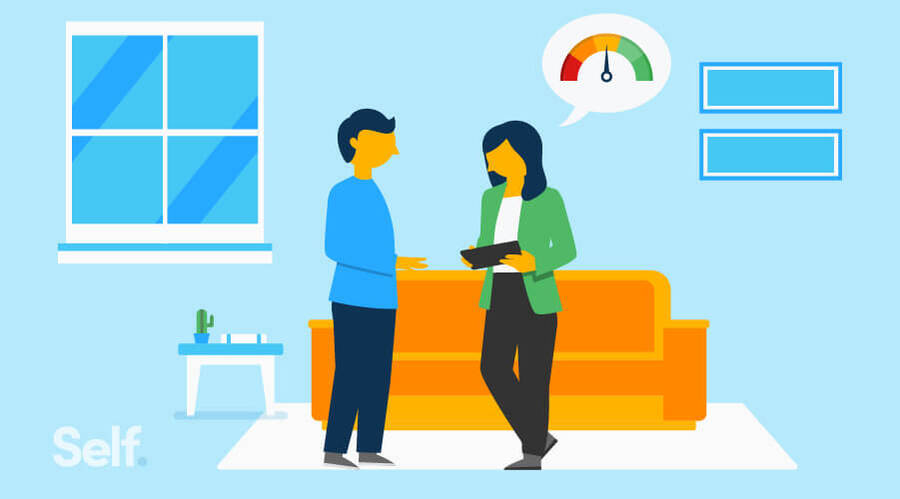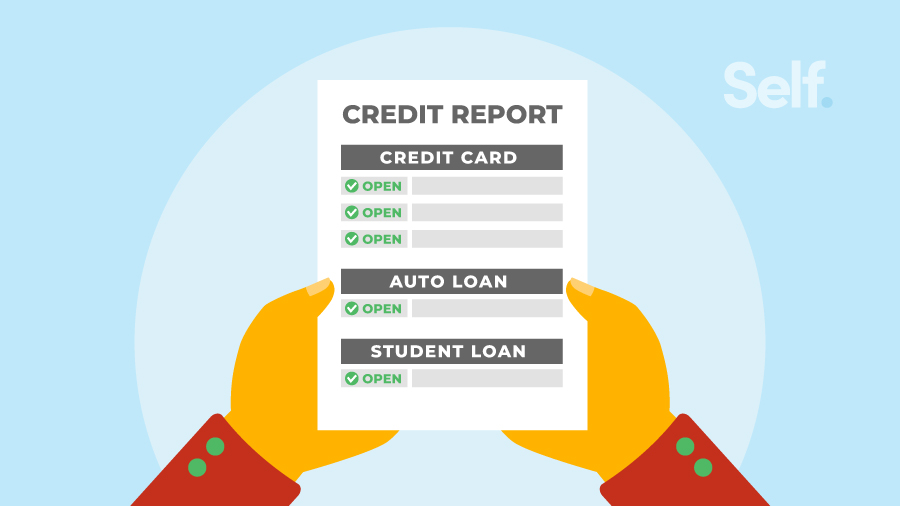Credit Score
 How to Remove a Charge-Off from Your Credit Report
How to Remove a Charge-Off from Your Credit ReportJuly 18, 2025
A charge-off has the potential to impact your credit score—making it harder to qualify for loans, credit cards, and even affordable housing. This guide breaks down what a charge-off is and what it means for your credit score. Read more.
 What Is the Minimum Credit Score to Rent an Apartment or House?
What Is the Minimum Credit Score to Rent an Apartment or House?June 25, 2025
Curious about minimum credit score requirements to rent? Learn how factors like the landlord, the market, and location play a role. Read more.
 How to Get Preapproved for a Mortgage
How to Get Preapproved for a MortgageJune 24, 2025
Learn how to get preapproved for a mortgage, what lenders look for, and the steps to improve your chances of securing the best loan terms. Read more.
 How to Finance a Car Through a Bank
How to Finance a Car Through a BankJune 17, 2025
Learn about the process of financing a car through a bank, the options available to you, and how this differs from dealership financing. Read more.
 Is It Better to Rent or Buy a House?
Is It Better to Rent or Buy a House?June 8, 2025
Weigh the costs and long-term impact of renting a house versus buying one. Decide which suits you best and understand what each option involves. Read more.
 What Is a Tradeline and How Does It Impact My Credit Score?
What Is a Tradeline and How Does It Impact My Credit Score?June 2, 2025
A tradeline is simply an account listed on your credit report and all its associated details. Tradelines include credit cards, mortgages, and student loans. Read more.
 Will a Cash Advance Hurt My Credit Score?
Will a Cash Advance Hurt My Credit Score?May 11, 2025
A cash advance won’t cause direct credit score damage, but there are ways this type of transaction could harm your score in the long run. Here are some things to consider before you use this type of financing.
Read more.
 What Is a Credit Builder Loan and How Does It Work?
What Is a Credit Builder Loan and How Does It Work?April 23, 2025
A credit builder loan is designed to help people who have little or no credit history. You’re required to make fixed payments upfront before accessing the loan. Read more.